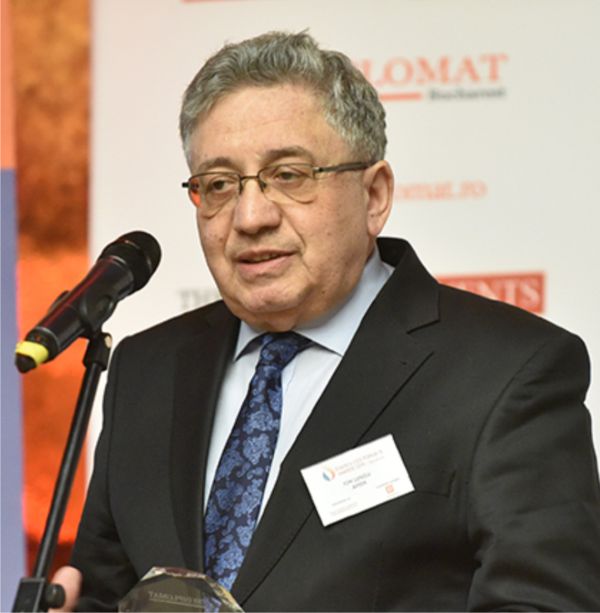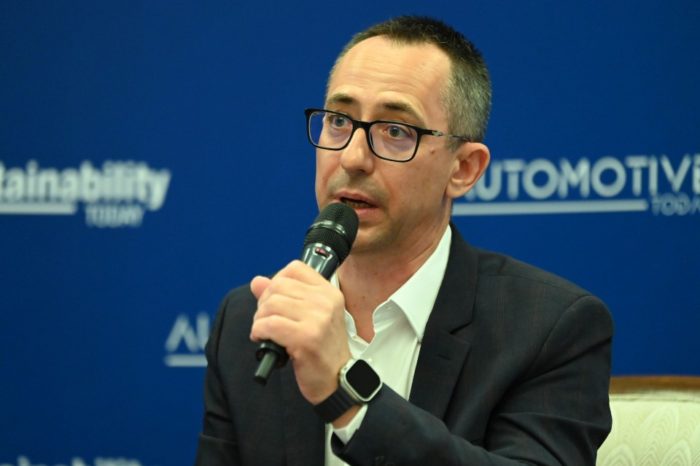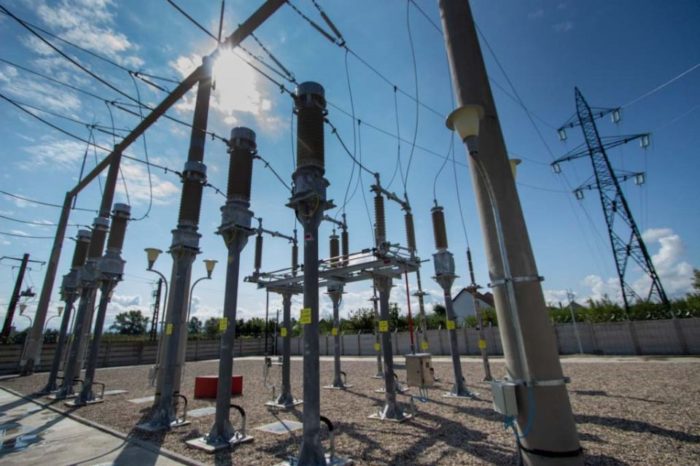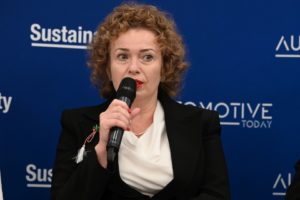AFEER: Specialists from the entire energy sector must participate in decisions regarding the Romanian energy market

The Romanian Energy Suppliers Association – AFEER appeals to the authorities with the express request that specialists from the entire energy sector participate, together with those from state institutions, in consultations related to developments, but also in decisions on the Romanian energy market. In this regard, AFEER sent an open letter to Prime Minister Florin Cîțu, President of the Senate Anca Dragu, President of the Chamber of Deputies Ludovic Orban, Minister of Energy Virgil Popescu, President of ANRE Dumitru Chiriță, President Competition Council Bogdan Chirițoiu, Chairman of the Committee on Industries and Services of the Chamber of Deputies Sandor Bende and Chairman of the Committee on Energy, Energy Infrastructure and Mineral Resources of the Romanian Senate Lorant Antal.
In the light of the new major changes in the energy market, discussions / consultations are held within the responsible institutions on the Energy Strategy, the National Integrated Energy Plan – Climate Change, the amendment of the energy law, the protection of the vulnerable consumer, etc. In this context, we make an APPEAL because we want the experience and expertise of specialists in the field, and even more so of those working in the field of electricity and natural gas supply, to be much better used by representatives of the authorities, says Mr. Ion Lungu, Executive Director of AFEER.
During this period, we are witnessing a significant increase in prices, both on the European and on the national market. In addition to the increase in energy demand (electricity and natural gas), determined by the resumption of economic activity at levels similar to those before the pandemic period (a situation that led to economic growth in the European Union, as well as in Romania), there was an increase in prices where emission allowances are traded (even over € 57) as a result of EU Member States’ commitments to make the transition to clean and sustainable energy sources, which has led to a significant rise in electricity and gas prices.
AFEER reiterates that it is particularly important that this situation is properly explained, especially to the general public. Suppliers are not the cause of price increases, but, on the contrary, they are the most exposed, being the last link in front of the consumer. Suppliers are also the ones who try to support customers, in order to protect them as much as possible against price increases on the wholesale energy market.
Market disturbances are found in most European countries, but in Romania, the effect of a supply below the level of demand is added, due to the deficit of investments in recent years in new energy production capacities.
“Over time, there have been several major causes that have led to an extreme limitation, even a halt in investment in new electricity generation capacity, such as state intervention, including through primary and secondary regulations, which have led to a obvious distortion of the market, but which also generated a very low level of recovery of possible investments, which led private investors to revise their plans. On the other hand, the Government, as the owner of most of the energy producers and the transmission network, was not able to access European non-reimbursable funds through the National Investment Plan (PNI), a program in which important funds remained unspent, so that no new production capacity emerged, and the transmission network remained with a reduced capacity in many regions of interest for investment in generation. In addition, the frequent and substantial changes of the legislation have prevented, once again, the investments in the field “, said Ion Lungu.
There are still barriers to resuming investment in the energy sector: long delays in transposing European legislation, legislative changes on taxation or the market, long delays in implementing new funding programs from public funds (such as the Modernization Fund), ambiguities in interpreting the regulations adopted (such as those on long-term bilateral contracts, although they are not only allowed but encouraged by European legislation), ambiguities on the future of Black Sea gas resources (given that estimates are that in 10 years , Romania is depleting its natural gas reserves, and this year’s imports have increased almost 3 times compared to 2020), ambiguities between the total volume of theoretically installed capacities and that of truly functional capacities (which implicitly determines the blocking of some approvals connection techniques – ATR due to non-functional units). It should also be mentioned that many investment projects have solutions to connect with the mandatory strengthening of the network, which implies a significant increase in costs for investors, the consequences reaching the point of stopping investments. In addition, there is a reluctance of the banking sector to finance projects that have not fully covered the risks, to which are added higher financing costs than those charged in other European countries.
All this has led to a deficit of energy generation capacity, so that Romania has problems in ensuring its consumption from domestic production, which has made it, in recent years, the exporter, to become a net importer of electricity.
Currently, we are facing a worrying situation: the low supply of producers, along with an increase in demand has made prices in Romania among the highest in Europe, sometimes even the highest on the spot market.
The general increase in prices on the wholesale energy market has mainly affected consumers, but also suppliers, many of whom are in a difficult financial situation. Suppliers are the only part of the energy system that has direct contact with consumers. That is why suppliers are the integrators of the system, those who collect the value of invoices from consumers. Even if suppliers do not collect the value of invoices from consumers, they still pay to the other links in the chain – producers, transmission system operators, distribution operators, the state budget – the amounts that ensure the functioning of the system and the economy. Basically, it is a situation that puts energy suppliers in the position of being the only ones who assume all the financial risks to ensure the energy supply of domestic and industrial consumers.
In these circumstances, the members of AFEER consider that the construction of new production capacities is urgent, as well as the extension of trading possibilities. That is why stable, predictable and investment-friendly legislation is needed, but in order to promote it, it is necessary to involve all market players. The situation in the energy market is difficult and we believe that a wider debate is needed, in which specialists can explain to the representatives of the authorities as well as possible what is happening in the market, in order to take optimal measures.
In view of the above, AFEER calls on the authorities to consult as widely as possible with specialists in the field of energy, before taking decisions that influence the activity in the sector. AFEER members also come up with concrete proposals to reduce consumer bills.
AFEER proposals for immediate reduction of the consumer bill
– Reduction or exemption from VAT of electricity and natural gas;
– Exemption from excise duty payment;
– Partial coverage of the utility bill through the urgent adoption of the Law on the Vulnerable Consumer.
AFEER proposals to reduce consumer bills in the future
– Implementation of measures to increase energy efficiency;
– Adopt legislative measures to promote the construction of new production capacities;
– Urging the decision on the exploitation of gas from the exclusive economic zone of Romania to the Black Sea.















